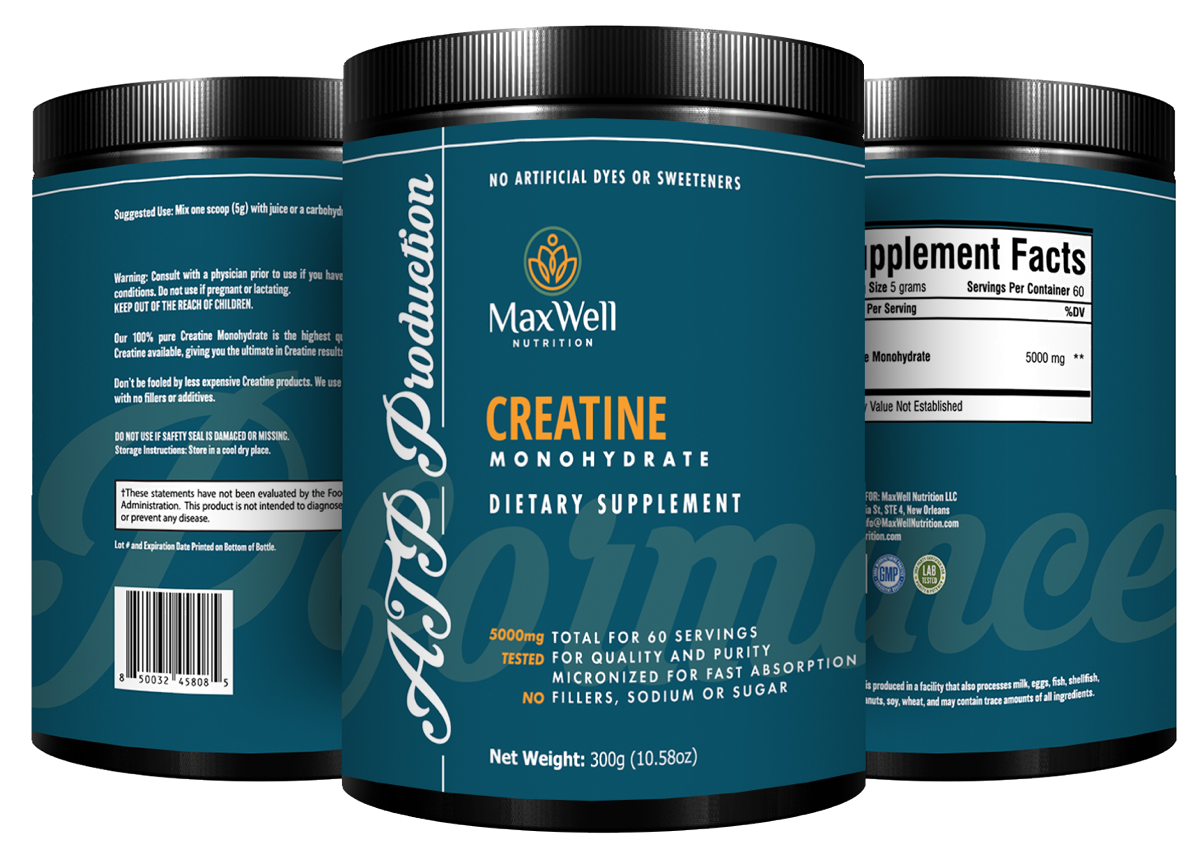Statistics point to the fact that the elderly population—those over 65 years of age -has tripled from 4 to 13% over the last century—with an expectation that it will grow to 20% by 2025 and 33% by 2050.
With aging, there is an associated decline in cognitive function of 15-20% of those over 65. Alzheimer’s, the main neurodegenerative disease, affects 24 million people worldwide.
According to research—n-3 Polyunsaturated Fatty Acids and Their Derivates Reduce Neuroinflammation During Aging—which appeared in the March issue of the online journal Nutrients, “dietary n-3 polyunsaturated fatty acids (PUFAs) are particularly attractive, as they are present in the brain, possess immunomodulatory properties, and are precursors of lipid derivates named specialized pro-resolving mediators (SPM).”
“SPMs are crucially involved in the resolution of inflammation that is modified during aging, resulting in chronic inflammation,” comment the French study researchers. The advanced age-associated chronic, low grade inflammation is known as inflammaging.
The French reviewers point out that microglial cells—the resident innate immune cells of the CNS—are involved in various physiological and pathophysiological functions—initiating the immune response, when they recognize damage and pathogen-associated molecular patterns.
The French also point out that with aging, there can be an increase in the expression of blood and brain levels of pro-inflammatory cytokines, and a decrease in the expression of anti-inflammatory factors.
Britannica.com says cytokines are, “any of a group of small, short-lived proteins that are released by one cell to regulate the function of another cell, thereby serving as intercellular chemical messengers.”
Cytokines, says the website, “effect changes in cellular behavior that are important in a number of physiological processes, including reproduction, growth and development, and injury repair. However, they are probably best known for the roles they play in the immune system’s defense against disease-causing organisms.”
In their review of neuroinflammation on aging, the French reference that the Omega-3 essential fatty acid docosahexaenoic acid (DHA) represents 12-14% of the total fatty acid content in the brain, and, “has key-regulator functions in inflammation. Eicosapentaenoic acid (EPA), the other EFA, despite its low level in the brain, has great importance, as well.
Fish consumption, such as salmon, sardines, and trout, is the main source of long chain Omega-3 polyunsaturated fatty acids ((n-3LC PUFA). “The absence of n-3 LC PUFA consumption and/or a defect in their metabolism is responsible for increased neuroinflammation, leading to neurological disorders,” the reviewers state.
It was concluded that, “n-3 LC-PUFAs and their bioactive lipid derivates (SPMs) are promising, as they reduce and resolve inflammation.”
In a separate study—Beneficial Effects of Walnuts on Cognition and Brain Health—which appeared in February of 2020 in the Nutrients journal—reviewers from the New York State Institute for Basic Research in Developmental Disabilities state that, “oxidative stress and neuroinflammation have important roles in the aging process, mild cognitive impairment (MCI), Alzheimer’s disease (AD), and other brain disorders.”
Their studies, “demonstrated that walnuts reduce oxidative stress, not only by decreasing free radical levels, but also by boosting antioxidant defense, thus reducing oxidative damage to lipids and proteins.”
Remember, you should always consult your physician before beginning any exercise, diet, or nutritional supplementation program.











